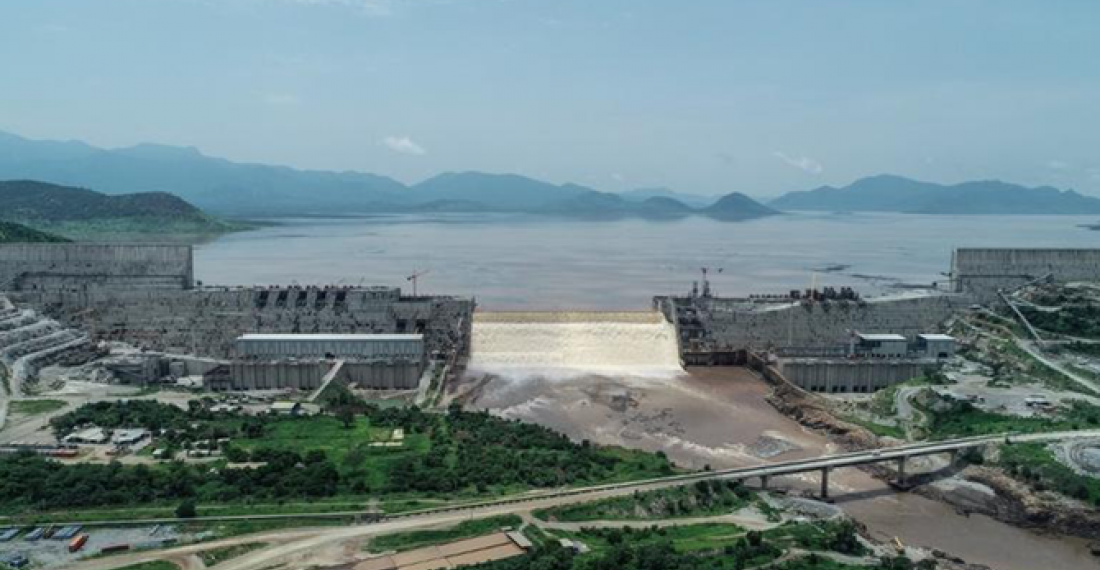The European Union has welcomed the resumption of talks on the Grand Ethiopian Renaissance Dam (GERD) due to be held today (Sunday January 3) at the initiative of the African Union Chair South Africa. A statement by the spokesperson of the EU on Saturday said the meeting "offers an important opportunity for progress towards an agreement on the filling and related operations of the dam."
"This will assure a secure and predictable livelihood for many millions of people who live in the Nile Basin and depend on an agreement that builds confidence among the countries and offers an environment conducive to investment and economic growth. As an observer to the talks, the European Union encourages all the parties to show the political will to engage in this round of talks in a constructive and open minded spirit", the statement added.
Egypt has expressed fears that the Grand Ethiopian Renaissance Dam will severely reduce the Nile’s flow, with devastating effects for the more than 97 million Egyptians dependent on it.
Ethiopia says the hydroelectric power produced at the dam is vital to meet the power needs of its even larger population.
It insists downstream countries’ water supplies will not be affected.
Sudan, which suffered deadly floods last summer when the Blue Nile reached its highest level since records began more than a century ago, hopes that the new dam will help regulate the river’s flow.
The Blue Nile, which meets the White Nile in the Sudanese capital Khartoum, provides the great majority of the combined Nile’s flow through northern Sudan and Egypt to the Mediterranean.
The three countries have held multiple rounds of talks since Ethiopia broke ground on the project in 2011 but they have so far failed to produce an agreement on the filling and operation of the vast reservoir behind the 145-meter (475-foot) tall dam.
The last, held by video-conference in early November, broke up without making any headway.
Late last month, Egypt called in Ethiopia’s charge d’affaires after its foreign ministry spokesman claimed the dam dispute had become a welcome distraction from domestic problems for the Cairo government.
Sudan’s state news agency SUNA said that officials from current African Union chair South Africa would be involved in the new round of talks.
Citing an unnamed official, SUNA said Sudan would propose granting African Union experts a “bigger role” in the negotiations for a binding agreement on the dam’s filling and operation.
source: commonspace.eu with the press service of the European Union and agencies.
photo: An aerial view of the Grand Ethiopian Renaissance Dam on the Blue Nile River in Guba, northwest Ethiopia (archive picture)







